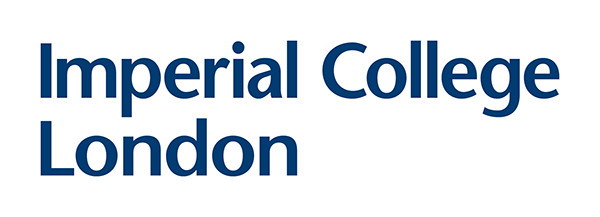
Guidelines for better musculoskeletal health in anaesthetists
Working with our clinical partners, we developed guidelines to address the specific risk factors for poorer musculoskeletal (MSK) health in anaesthetists
There are currently many sources of guidance available on health and safety in the workplace, across many sectors. Although much of this is of relevance to anaesthetists, there was no readily accessible guidance tailored to the risk factors which specifically affect those within the anaesthetist profession.
Background
Musculoskeletal disorders (MSDs) are very common, ranging from localised, non-specific painful conditions (such as back or neck pain), regional specific disorders (such as carpal tunnel syndrome or trochanteric bursitis), through to widespread pain conditions and rheumatological diseases (such as fibromyalgia, osteoarthritis or rheumatoid arthritis). It has long been recognised that some types of work, or activities performed at work, can either cause MSDs or make them worse. In addition to this general picture, there is also evidence that anaesthetists are at greater risk of upper limb disorders than other groups.
We sought to bring together advice and recommendations from a variety of sources in order to inform and support anaesthetists in their work, in an attempt to reduce the prevalence and severity of work-related MSK disorders as well as preventing the exacerbation of pre-existing problems.
What did this study involve?
A working party was convened by the Association of Anaesthetists and the Society of Occupational Medicine, with members including consultant anaesthetists, occupational health experts, general practitioners’ and other expert parties in order to assess the current evidence over what guidance might best support anaesthetists face the challenges in the workplace specific to their MSK health. As part of this process Centre Co-Director Professor Karen Walker-Bone was invited to contribute her expertise from a rheumatological perspective.
The working party then agreed on a set of guidelines, and produced a consensus document which was then approved by the Board of Directors of the Association of Anaesthetists and the Council of the Society of Occupational Medicine.
What has the study found so far?
The output from this consultation process is the Guidelines: Better musculoskeletal health for anaesthetists document, which is now available from the Association of Anaesthetists website.
Study team
Members of the Working Party
Dr Steven Yentis (Chelsea and Westminster Hospital NHS Foundation Trust)
Professor Kaveh Asanati (Imperial College London)
Dr Craig Bailey (Guy’s and St Thomas NHS Trust)
Dr Rob Hampton (Society for Occupational Medicine)
I Hobson
K Hodgson
S Leiffer
Dr Shriti Pattani
Professor Karen Walker-Bone (Monash University)
Centre institutions
Research partners
Further information
For any queries related to this work, please contact kwb@mrc.soton.ac.uk






